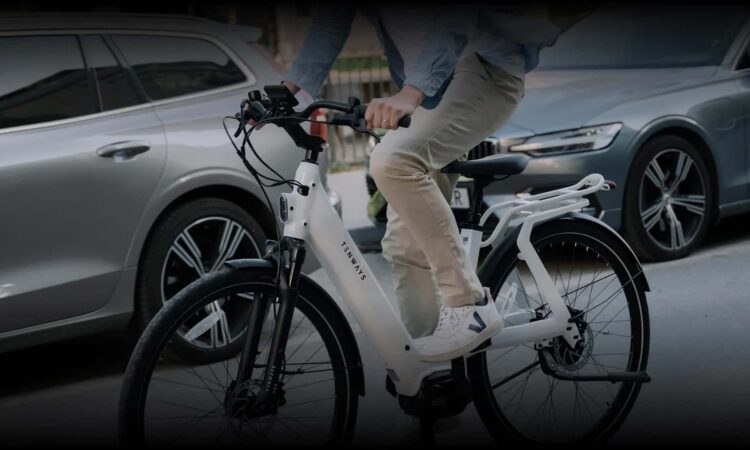Electric bicycles and scooters have proven to be a very effective way of improving urban mobility, especially in highly populated areas. They’re also very handy for young people, such as students, who make their daily commute either to and from school, or within their campus. That being said, numerous schools and universities in the US have resorted to banning the use of e-mobility devices within their campuses.
The reason behind the imposition of bans is rather unsurprising. A recent report by Electrek notes that there are two main reasons surrounding the ban on e-bikes and e-scooters, and they both revolve around safety. On the one hand, electric bicycles are much faster and heavier than their non-powered counterparts. As such, logically, they’re much more dangerous, especially when commandeered by youngsters with raging hormones.
Electrek’s article cites another, hotly debated (literally and figuratively) issue that’s been ravaging the e-mobility space: fires. Over the past few years, there have been a growing number of e-bike fires in the US, particularly in densely populated cities like New York. This has resulted in quite a lot of stir lately – from potential bans on certain e-bikes to proposed specialized repair and servicing of battery packs. The latest of which is the move of several schools and universities to ban e-mobility devices within their premises.
It’s important to note, however, that not all e-bikes are ticking time bombs waiting to explode. In fact, millions and millions of e-bikes are charged every single day, and we certainly don’t hear news of e-bike-related fires breaking out every day. Generally, e-bikes are understood to be safe and sustainable means of mobility, so it’s understandable that a lot of people are viewing e-bike bans in schools and universities to be rather harsh.
For reference, Boston College administrators sent out a letter to its students banning e-scooters on campus due to both fire and pedestrian risks. Fordham University in New York also recently banned any “transportation device powered by a battery.” Meanwhile, San Diego State University also instituted a similar ban on e-mobility devices, however, Electrek’s report indicates that the university retracted the ban following significant backlash.
Electric-powered mobility devices have been on the receiving end of a lot of criticism lately. Indeed, steps are being taken to improve their safety, with the introduction of more and more advanced safety and battery tech. As such, blanket bans like what we’re seeing in multiple colleges and universities may not be the best solution, especially in an industry that’s especially attractive to young individuals on a budget.
Sources: Electrek, Tech Times
Source: Read Full Article

